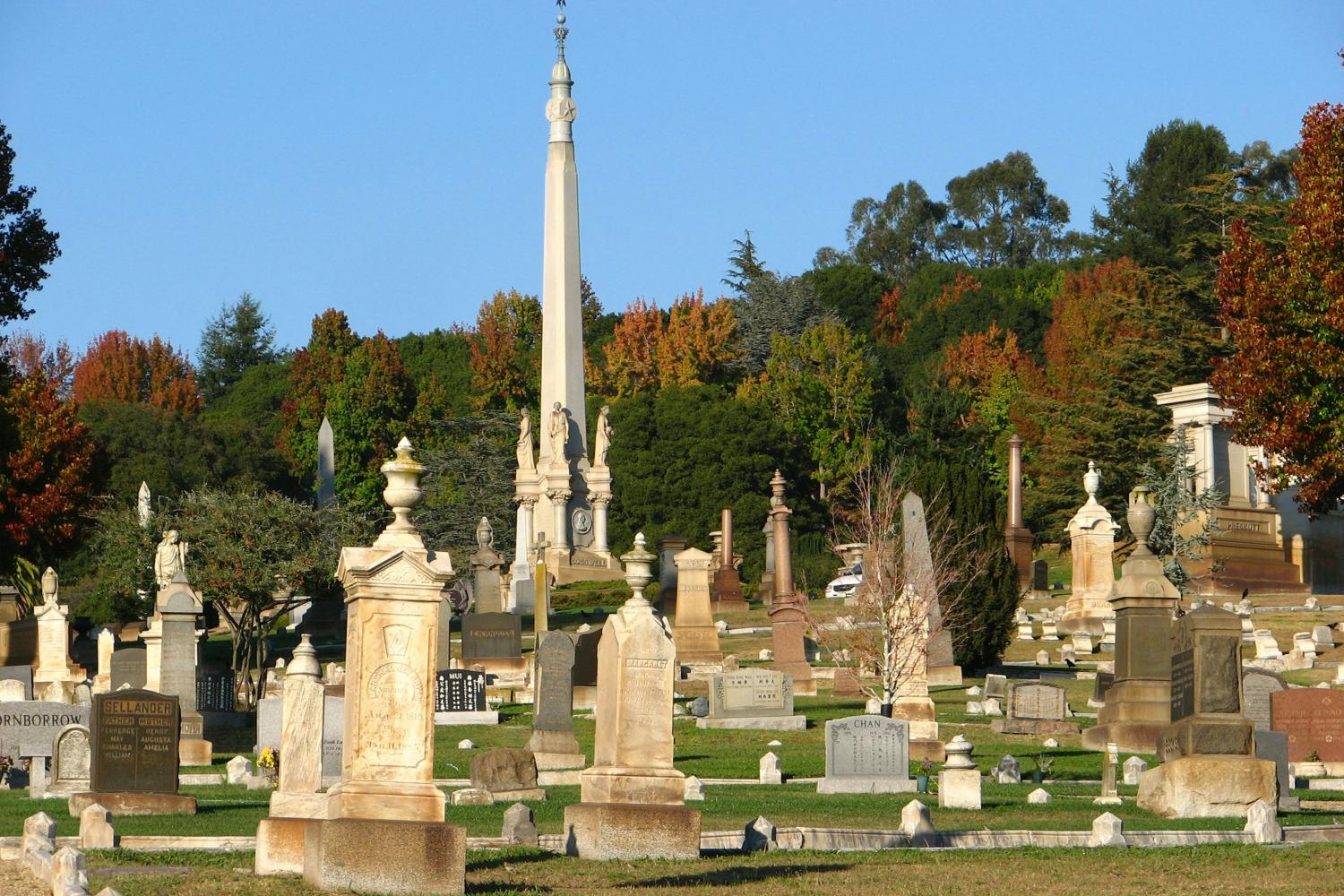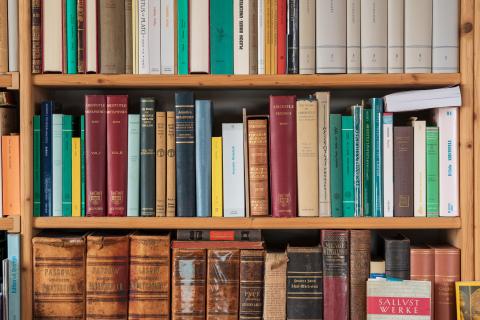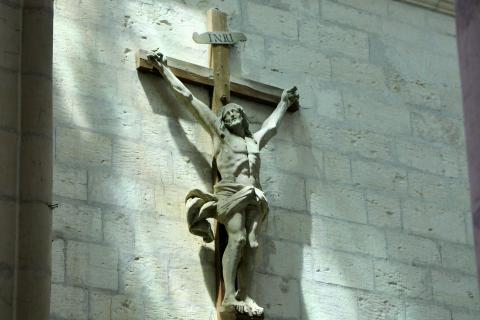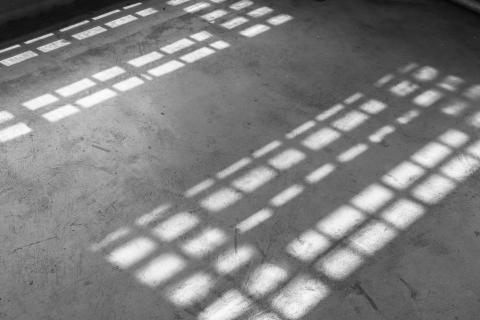
So goes the headline of a recent long-form article in The Atlantic, which details the stunning rise in demand for “Medical Assistance in Dying” (“MAID”) since the Canadian Parliament legalized the practice in 2016. Accounting for 1 in 20 deaths in Canada, euthanasia now surpasses Alzheimer’s and diabetes, combined, as a cause of Canadian deaths. “It is too soon to call euthanasia a lifestyle option in Canada,” The Atlantic wryly notes, “but from the outset it has proved a case study in momentum.”
It's a momentum that’s gained traction not just from the sheer quantity of MAID-related deaths, but also from the imaginative or psychological hold the practice has begun to exert in the country. What began as a fairly grim procedure – reserved only for hopeless cases of extreme misery, where death was relatively imminent – has become a tool for making fairly radical claims to individual autonomy. The article details a number of cases in which the patient seeking MAID was not suffering from a disease that was definitively terminal, if treated. But the prospect of submitting to the pain and suffering the MAID-seeking patient’s condition or treatment was going to involve … to undergo the loss of control over their bodies and future that process would entail … some just “weren’t going to have it.”
It's resulted in there being plenty of room for euthanasia to be celebrated and aestheticized in Canadian culture as a worthy decision of personal empowerment. The attitude plays out in what are often sanitized, Instagram-worthy ceremonies that have begun to grow up around the procedure: “Patients meticulously orchestrate their final moments,” the article notes, “planning celebrations around them: weekend house parties before a Sunday-night euthanasia in the garden; a Catholic priest to deliver last rites; extended-family renditions of ‘Auld Lang Syne’ at the bedside. For $10.99, you can design your MAID experience with the help of the Be Ceremonial app; suggested rituals include a story altar, a forgiveness ceremony, and the collecting of tears from witnesses."
Maybe there’s something to be said for being bold and courageous in the face of death. But this seems like the wrong kind of stoicism or brazenness. It’s certainly a far cry from the long shuddering grapple with death that has more often marked human culture, a grapple characterized by a kind of trembling contempt. “I’d rather be above earth and labor for someone else,” Homer’s Achilles said, “than be king over all the lifeless dead.” The older Jewish tradition preached “Sheol,” or “the pit,” a shadowy, uninviting place one certainly wouldn’t rush too. And then there’s the Norse notion of Valhalla, where warriors would go to fight the long losing battle against the giants. Whatever the tradition, death has been regarded as a dark and forbidding reality of human life, something not to be taken lightly.
At a certain point, The Atlantic notes that Canada’s leaders regard MAID “from a strange, almost anthropological remove.” Throughout the ages, human beings seem to have known that things just weren’t supposed to happen this way: humans aren’t really meant to die, to fall out of existence. Death is not natural to us. And yet this aestheticized, “self-empowering” purchase we’ve begun to make on death seems a sign of our forgetfulness, in this respect – it is an “anthropological remove” we’ve set ourselves at, indeed. Perhaps that’s a consequence of our all-too-virtual lives, which make us struggle to appreciate the gravity of the real. Perhaps it’s the fruit of certain ideological commitments, which are forced to come to their logical conclusion. Whatever the cause, this “anthropological remove” is harming what is normally among our most fundamental (and good) instincts: to remain in existence. To live.
But without being able to make sense out of suffering, and out of the meaning of death, it’s almost impossible to make sense out of one’s life, either. The readiness in Canada to deal with death in this jolly but inane way perhaps points to the difficult truth that the lives of such people make little sense to them – and so why should their suffering and death? There’s a quiet despair that may be haunting the happy “story altars” and “forgiveness ceremonies” accompanying these deaths, a despair that makes the tragedy of the deaths, themselves, only half the story. But it’s a despair, too, that puts an extra onus on those who know something different to witness to some kind of alternative: to witness to the meaning of suffering, the meaning of death, and the purpose and meaning of human life.


